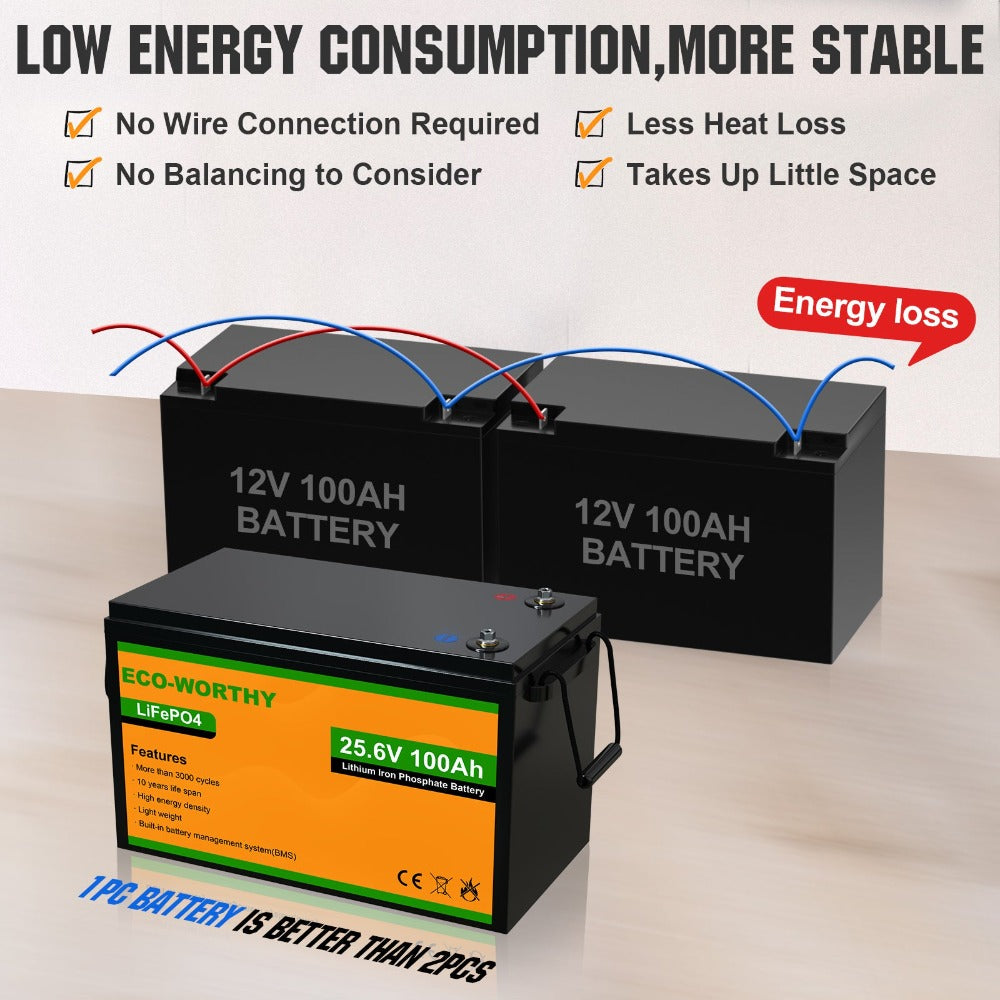The Future of Energy: Exploring the Advantages of 24V Lithium Batteries in Renewable Energy Systems
Cuerpo
As the world increasingly turns towards renewable energy, the lithium battery 24v has emerged as a pivotal component in energy storage solutions. This article delves into the numerous advantages that these batteries offer, particularly in the context of renewable energy systems.

Understanding the Lithium Battery 24V
The lithium battery 24v is a type of rechargeable battery that provides a nominal voltage of 24 volts. These batteries are renowned for their high energy density, lightweight design, and long cycle life. But what makes them particularly suitable for renewable energy applications?
- Efficiency: Lithium batteries exhibit high charge and discharge efficiency, often exceeding 90%. This efficiency translates into less energy loss during storage and retrieval.
- Longevity: With a lifespan of up to 10 years or more, lithium battery 24v systems require fewer replacements compared to traditional lead-acid batteries.
- Temperature Tolerance: These batteries perform well across a wide range of temperatures, making them ideal for various environmental conditions.
Applications in Renewable Energy Systems
In renewable energy systems, the lithium battery 24v plays a crucial role in storing energy generated from sources such as solar and wind. When the energy production exceeds demand, these batteries store the excess energy for later use. This capability is vital for maintaining a stable energy supply, especially during periods of low generation.
For instance, consider a solar power system. During sunny days, solar panels generate more electricity than is needed. The surplus energy can be stored in a  for use during the night or cloudy days. This flexibility enhances the reliability of renewable energy systems.
for use during the night or cloudy days. This flexibility enhances the reliability of renewable energy systems.
Cost-Effectiveness and Environmental Impact
While the initial investment in lithium battery 24v technology may be higher than traditional batteries, the long-term savings are significant. The reduced need for replacements and maintenance, combined with lower energy costs, makes these batteries a cost-effective solution over time.
Moreover, lithium batteries are more environmentally friendly. They contain fewer toxic materials than lead-acid batteries and are easier to recycle. As society shifts towards sustainability, the adoption of lithium battery 24v technology aligns with global efforts to reduce carbon footprints.
The Future of Lithium Battery Technology
As research and development in battery technology continue to advance, the lithium battery 24v is poised to become even more efficient and affordable. Innovations such as solid-state batteries and improved recycling methods promise to enhance the performance and sustainability of lithium batteries.
In conclusion, the lithium battery 24v stands at the forefront of the renewable energy revolution. Its efficiency, longevity, and environmental benefits make it an indispensable component in modern energy systems. As we look towards a sustainable future, embracing this technology will be crucial for both individuals and industries alike.









Comentarios